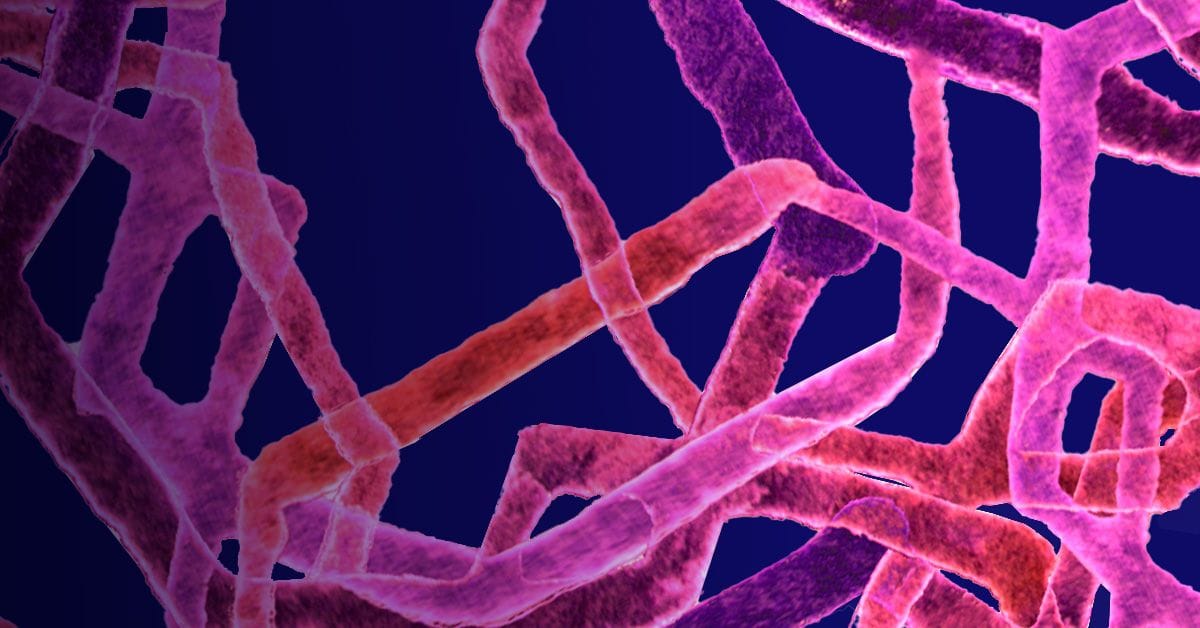This Virtual Special Issue from ACS Synthetic Biology will focus on merging principles from synthetic biology and materials science to push materials innovation. Submit your manuscript by March 31, 2024.

Synthetic biology applies genetic tools to engineer living cells and organisms analogous to the programming of machines. This field promises new opportunities for biomaterials development, including advancing new materials with a primary objective to enhance sustainability and improve human health. The intersection of materials design and synthetic biology also enables new aspects of biomimicry, in which functional structures, materials and cellular devices can be constructed by adapting and applying the ways that living organisms develop and function. In particular, engineering principles from synthetic biology and materials science are now being integrated to redesign living systems as dynamic and responsive materials with emerging and programmable functionalities.
A new Virtual Special Issue from ACS Synthetic Biology, "Materials Design by Synthetic Biology," will focus on merging principles from synthetic biology and materials science to push materials innovation, including contributions that deconstruct and mimic biological material systems, and those that lead to the discovery, design and application of new biomaterials with programmable functions. The resulting work serves both to test our scientific understanding of biological materials and components, and to stimulate new ideas for engineering biomaterials with enhanced sustainability, tunable functions, or distinctive “living” attributes.
Relevant Topics
- Engineered living materials
- Protein-, polysaccharide-, and fungal-based materials
- Biopolymer production through microbial engineering
- Biohybrid or bio-composite materials
- Phase separation, liquid condensates and new materials design
- Directed protein evolution for material design
- Biomaterials design based on non-canonical amino acid (NCAA) incorporation
- Phage and/or virus-based structures for materials application
- AI for new biomaterial discovery and design
- Synthetic biology-enabled nanomachines, robots, and biosensors
- New biomaterial design tools or production approaches
- Bioengineering tools that enable the field
The deadline for submissions is March 31, 2024. Submit your manuscript now.
Editors
This Virtual Special Issue will be managed by:
Chao Zhong, Topic Editor, ACS Synthetic Biology
Shenzhen Institute of Synthetic Biology
Markus Linder, Guest Editor
Aalto University
Caroline Ajo-Franklin, Guest Editor
Rice University
Author Instructions
To submit your manuscript, please visit the ACS Synthetic Biology website. Please follow the normal procedures for manuscript submission, and when in the ACS Paragon Plus submission site, select the special issue of “Materials Design by Synthetic Biology.” All manuscripts will undergo the normal peer review process. For additional submission instructions, please see the ACS Synthetic Biology Author Guidelines.
The deadline for submissions is March 31, 2024. Submit your manuscript now.
Open Access
There are diverse open-access options for publications in American Chemical Society journals. Please visit our Open Science Resource Center for more information.
